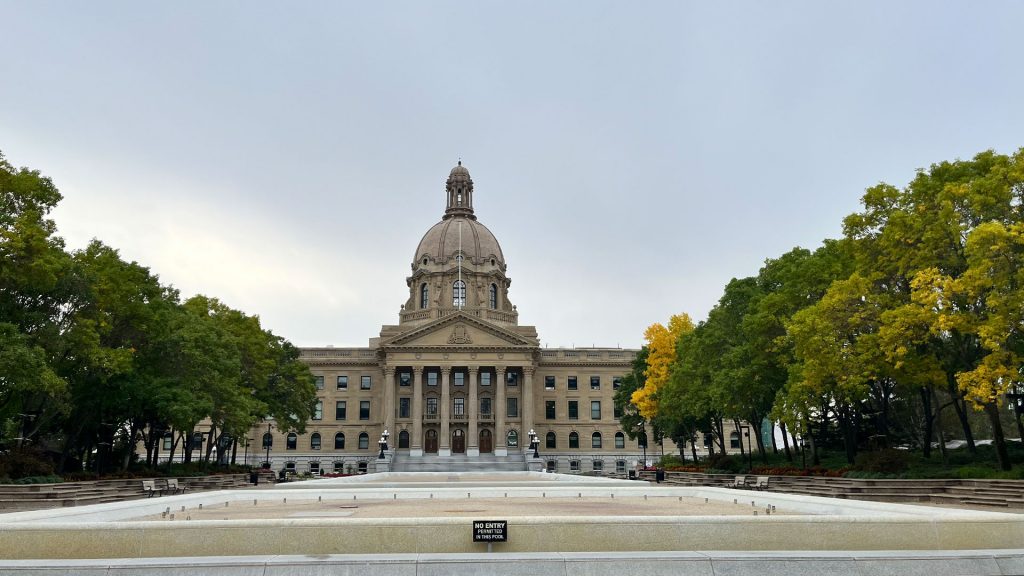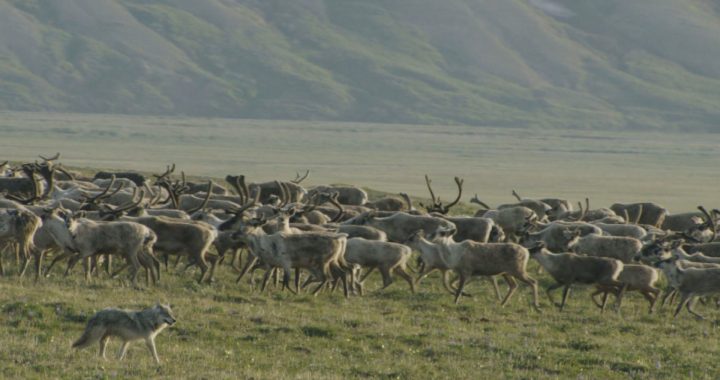
The Alberta government announced money for training teachers. 59 teachers will receive training through community-based Bachelor of Education programs at both the Universities of Alberta and Calgary.
About 20 of those students are Indigenous according to Demetrios Nicolaides the Alberta minister of education.
“Alberta is growing at record levels and one of the consequences of this incredible growth means that we need more teachers at every corner of the province,” said Nicolaides in an interview with APTN News.
According to a press release by the Alberta government, the University of Calgary’s Bachelor of Education Community-Based After-Degree Program will receive a one-time amount of just over $1 million to support 35 students through the program, and the University of Alberta’s Aboriginal Teacher Education Program (ATEP) will receive a one-time funding amount of $722,400 to support an additional 24 students through the program.
Nicolaides said ATEP focuses on teaching Indigenous adult learners to become certified teachers.
Canada-wide, according to the Assembly of First Nations, roughly 44 per cent of First Nations aged 15 and over do not hold any certificate, diploma or degree. This is compared to 23 per cent for the Canadian population.
Anastasia Many Bears, 33, is a mother who is in the ATEP program to become a Blackfoot teacher. She is from Kainai First Nation.
Kainai operates its own school board. But some other communities still work on a federally run system.
“Becoming a mom made me see the importance of our Blackfoot language,” Many Bears told APTN.
She was encouraged to take the program to become a certified teacher by her mom who taught Blackfoot language classes for 15 years.
“We talk a lot about traditional teaching practices,” said Many Bears. She contrasts that to the way schools often run—learning knowledge in a more abstract way.
“Say we’re learning about a leaf the way we talk about it is descriptive language instead of seeing it. It can feel a bit overwhelming,” said Many Bears.
Many Bears said that she would like to see money for testing students for learning disabilities or behavioural issues.
The ATEP program is focused on creating more Indigenous teachers.
“ATEP has played a significant role in increasing the number of Indigenous certificated teachers in Alberta classrooms, while enabling them to maintain connections to their communities,” said Jennifer Tupper, dean for the University of Alberta Faculty of Education in a press release.
“Delivered through Indigenous worldviews and pedagogies, the program is transforming education in our province. This investment will expand and advance ATEP’s mission of improving the educational experiences of Indigenous students, families, and their communities.”
Jason Schilling, the Alberta Teacher’s Association (ATA) president said that the ATA welcomes more funding for teachers in rural and remote communities.
“Teacher retention is an issue that we are seeing in Alberta and across Canada to be frank. It is good to see investment in post secondary education in these programs,” said Schilling.
The investment to fund education close to home helps people to work in their communities.
“We know that those individuals [who take training near where they live] tend to stay in those communities after they are done their degree,” said Schilling.
Although he welcomes the program, Schilling does not feel that the $1.7 million is enough to make teacher training sustainable.
“The government also needs to work to address the issue s of why we’re seeing people not want to become teachers and it’s the underlying working conditions and lack of funding,” said Schilling.










